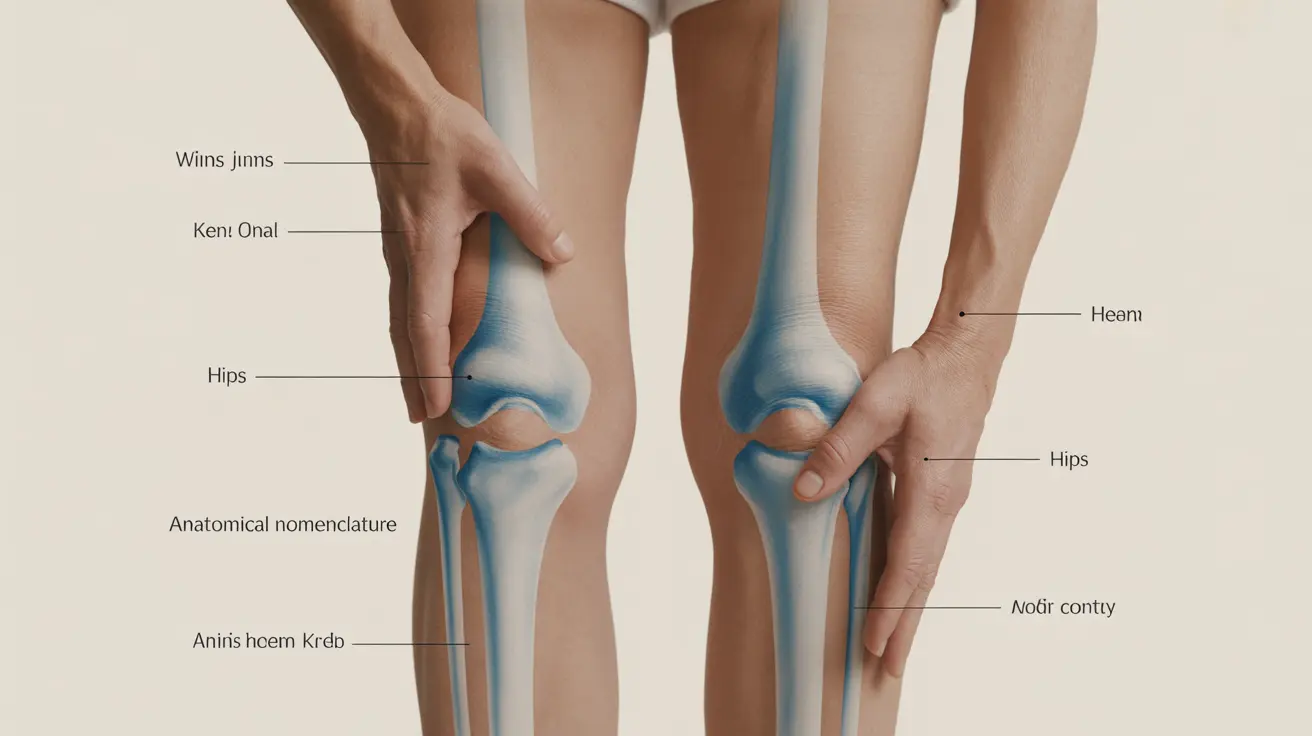For many women entering menopause, joint pain and stiffness can become unexpected companions during this natural life transition. The relationship between menopause and arthritis is significant, as hormonal changes during this period can influence joint health and potentially increase the risk of developing various forms of arthritis.
Understanding this connection is crucial for women approaching or experiencing menopause, as it can help them better prepare for and manage joint-related symptoms that may arise during this time.
The Hormonal Impact on Joint Health
During menopause, the body experiences a significant decrease in estrogen production, which plays a vital role in maintaining joint health. Estrogen helps reduce inflammation, promotes cartilage health, and contributes to bone density. When these levels decline, women may become more susceptible to joint problems and arthritis.
Understanding the Types of Arthritis Associated with Menopause
Several types of arthritis commonly affect menopausal women:
- Osteoarthritis
- Rheumatoid arthritis
- Inflammatory arthritis
- Psoriatic arthritis
Recognizing Menopausal Arthritis Symptoms
The symptoms of arthritis during menopause can vary in intensity and presentation. Common signs include:
- Morning joint stiffness
- Swelling in joints
- Reduced range of motion
- Increased pain during physical activity
- Joint tenderness
- Muscle weakness
Treatment Options and Management Strategies
Hormone Replacement Therapy Considerations
Hormone replacement therapy (HRT) may help some women manage arthritis symptoms during menopause. However, this treatment option should be carefully discussed with a healthcare provider, as it may not be suitable for everyone and carries certain risks.
Natural Management Approaches
Several natural approaches can help manage joint pain and stiffness:
- Anti-inflammatory diet
- Regular gentle exercise
- Stress management techniques
- Adequate sleep
- Maintaining a healthy weight
Exercise Guidelines for Joint Health
Specific types of exercise can be particularly beneficial for managing arthritis during menopause:
- Low-impact aerobic activities (swimming, cycling)
- Gentle strength training
- Flexibility exercises
- Balance-focused activities
- Water-based exercises
Frequently Asked Questions
- How does menopause increase the risk of developing arthritis?
Menopause increases arthritis risk primarily through the significant decrease in estrogen levels. This hormonal change can lead to increased inflammation, reduced cartilage protection, and decreased bone density, making joints more susceptible to damage and arthritis development.
- What are the common symptoms of arthritis related to menopause?
Common symptoms include morning stiffness, joint pain and swelling, reduced mobility, increased discomfort during activity, and muscle weakness around affected joints. These symptoms may worsen as hormonal changes progress.
- Can hormone replacement therapy (HRT) help relieve arthritis joint pain during menopause?
HRT may help some women manage arthritis symptoms by replacing lost estrogen, which can help reduce inflammation and maintain joint health. However, this treatment requires careful consideration of individual health factors and potential risks.
- What lifestyle changes can reduce arthritis pain and stiffness for menopausal women?
Effective lifestyle changes include maintaining a healthy weight, following an anti-inflammatory diet, staying physically active, practicing stress management techniques, and ensuring adequate sleep. These modifications can significantly impact joint health and pain management.
- Which types of exercises are safest and most effective for managing arthritis pain in menopause?
The safest and most effective exercises include low-impact activities such as swimming, water aerobics, cycling, and gentle yoga. Strength training with proper form, flexibility exercises, and balance work are also beneficial when performed appropriately.




